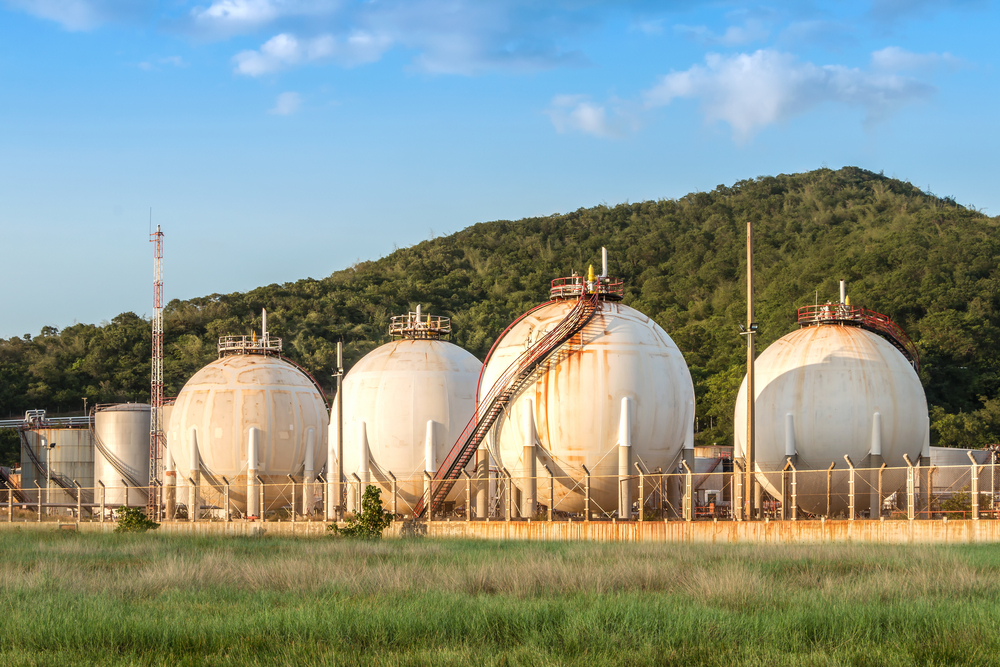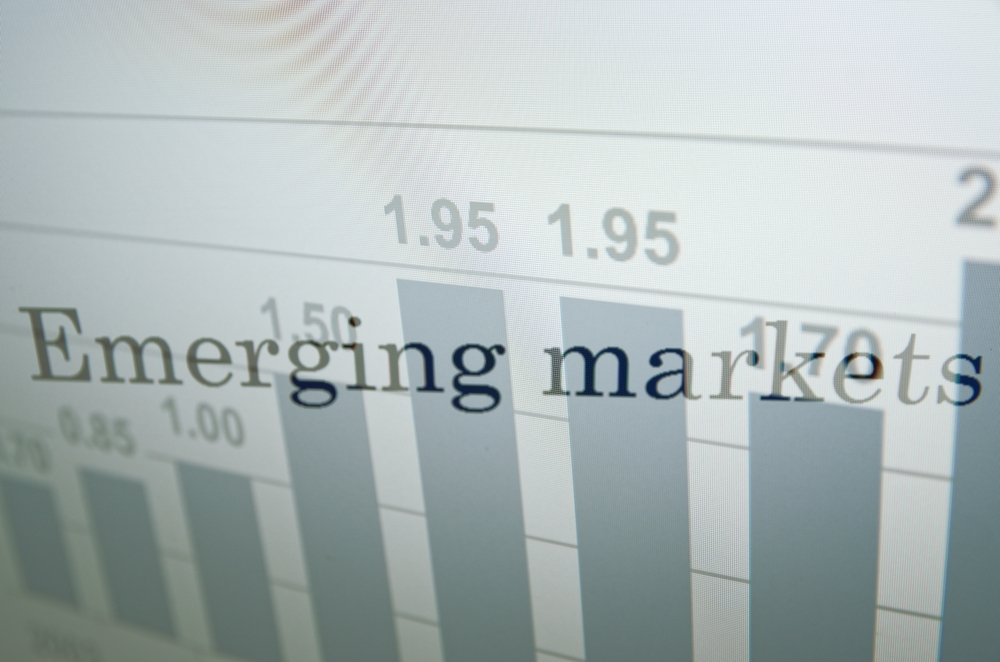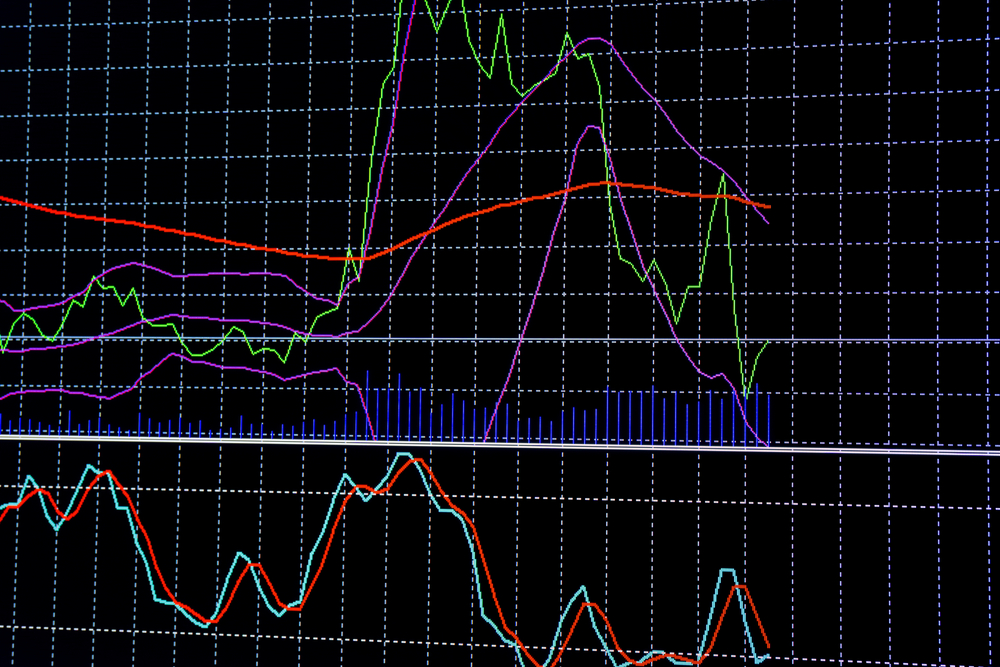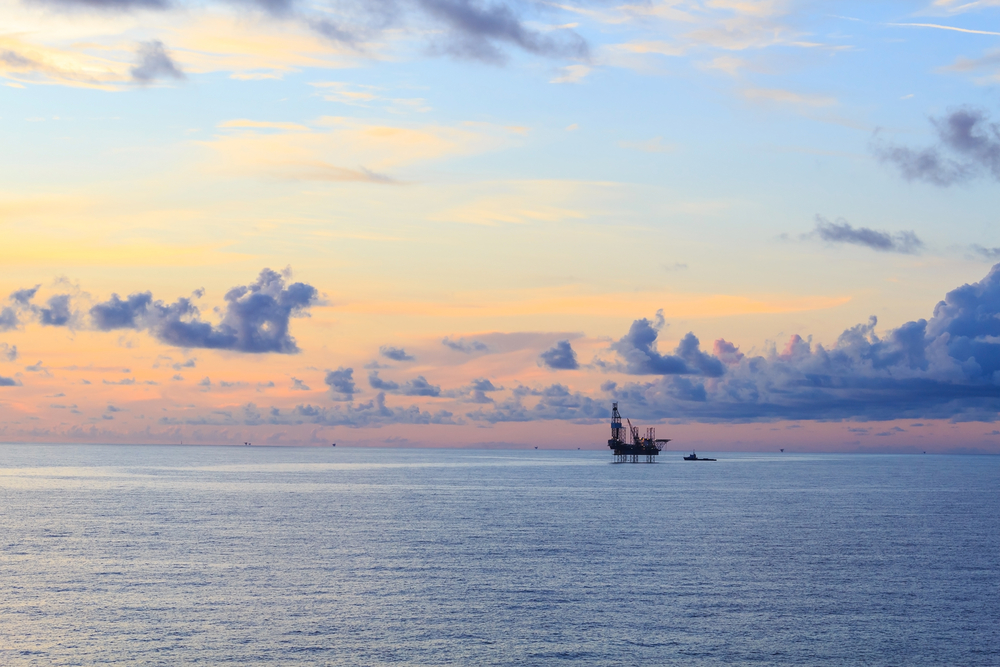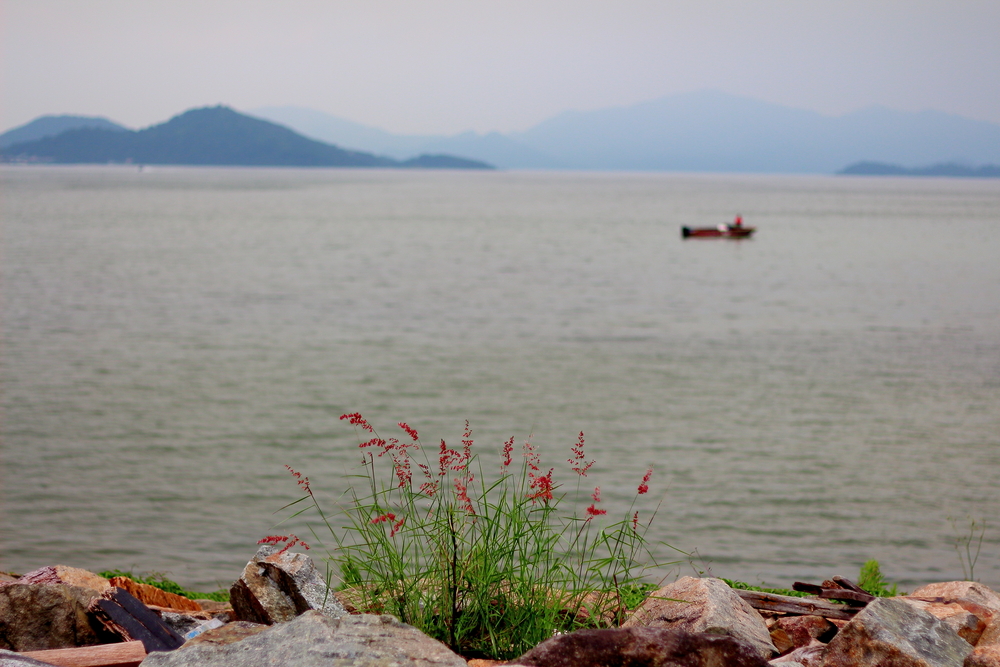If Britain Leaves the EU, Will Investors Leave Britain?
Foreign investors love Britain, but Brexit would kill the vibe. According to new research colleagues and I have conducted at the Centre for Economic Performance, leaving the European Union could lead to a fall in inward foreign direct investment into the...
Indonesia Stumbles Into More Natural Resource Bets
Indonesian President Joko Widodo’s (Jokowi) order on 23 March 2016 that the Masela Block use an onshore Liquefied Natural Gas (LNG) refinery ended six months of intrigue — and years of delay — about Indonesia’s largest offshore gas field. Rather...
Mostly Central Bank and Government Headlines in the EM Space
Bank Indonesia will use the 7-day reverse repo rate as its new benchmark policy rate, the ruling party in South Korea unexpectedly lost parliamentary elections, the Monetary Authority of Singapore eased monetary policy to recession settings, Turkey has nominated its...
The Market Brushes off Questionable Chinese Data
China's slew of economic data lends credence to ideas that the world's second-largest economy may be stabilizing. However, the data failed to have a wider impact on the global capital markets, including supporting Chinese equities. In fact, the seven-day advance...
China: Dam Nation
China’s largest hydroelectric dam on the Brahmaputra River (known as Yarlung Tsangpo in Tibet) recently became fully operational. The $1.5 billion 510 megawatt Zangmu hydroelectric dam has brought in its wake a flood of concerns, especially in India, regarding its...
Sri Lanka…What Went Wrong?
Last year, soon after taking power as president of Sri Lanka, Maithripala Sirisena requested a US$4 billion loan from the IMF to restructure its debt repayments. The bailout package was rejected by the IMF. It warned the government instead to...
BOE Recognizing Brexit Talks’ Economic Toll
No one can feign surprise that the Bank of England kept policy steady. Nor was the 9-0 vote truly surprising, though there had been some speculation that of a couple of dovish dissents. Nevertheless, there are two important takeaways for...
The Chart with Two Scales: A Cautionary Tale
There is a common ploy used by many analysts and reporters that often simply does not stand up to close scrutiny, and would in fact be mocked in the university. The ploy is to take two time series and put...
How are the U.K.’s Police and Crime Commissioners Working Out?
Voters across 40 police force areas in England and Wales will go to the polls next month to choose their next police and crime commissioner (PCC). This is the second round of such elections. The first cohort of 41 PCCs...
The South Korean President may have to Redefine ‘Winner’
General elections are around the corner for South Korea, scheduled for 13 April 2016. The road to the polls has been rocky, beginning with the delayed approval of electoral boundaries. The redrawn electoral map was finally passed on 2 March,...
After the South Korean Election, Gridlock Likely to Remain
South Korea goes to the polls on 13 April. Up for grabs are the 300 seats of the unicameral National Assembly. However, the election itself has been overshadowed by the declining popularity of President Park Geun-hye and intense infighting within...
Low Oil Price Benefits to South Korea
The global energy situation is changing rapidly. The shale revolution has led to plunging oil prices that have remained around US$30 a barrel since OPEC’s failure to reach a consensus to cut oil production at its November 2014 meeting. This...
Emerging Markets could Feel the Effects of This Week’s Fed Speakers
Some dovish signals from the Fed and a bounce in oil prices helped EM end last week on a firm note. This week, the US retail sales report could be important, and the same goes for CPI and PPI data...
Accusations Continue Flying over the South China Sea
Recent developments in the South China Sea are a serious cause for concern for Southeast Asian states, which have a huge interest in ensuring the safety and security of these waters given their importance for international shipping. Ongoing militarisation in...
Philippine Voters are Drifting Away from the ‘Establishment’ Candidates
The Philippines will hold their presidential election on 9 May 2016. The dramatic campaign was until recently seen as fight between four major candidates, each gathering a roughly equal share of the vote. The Philippines will hold their presidential election...


